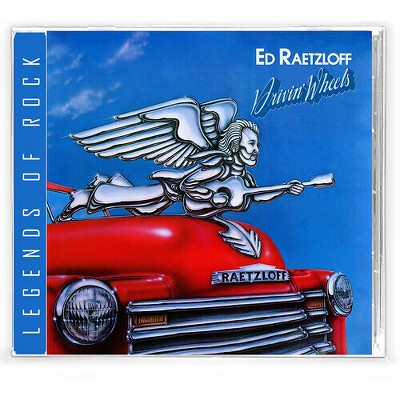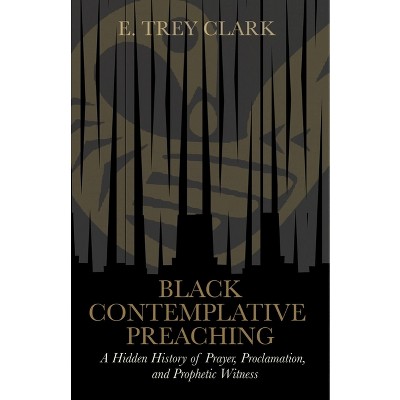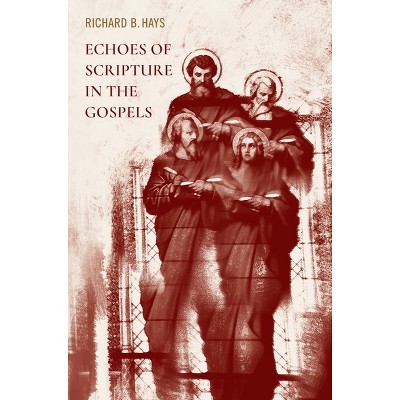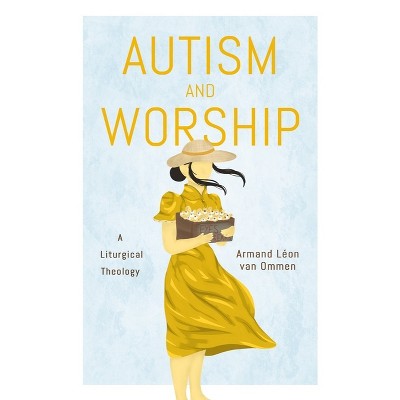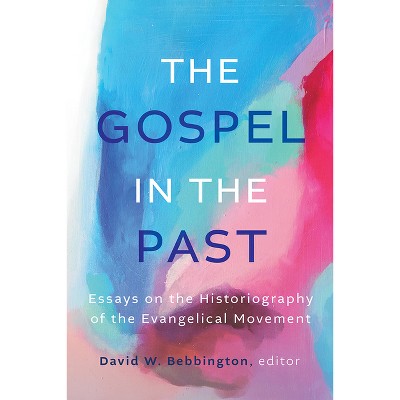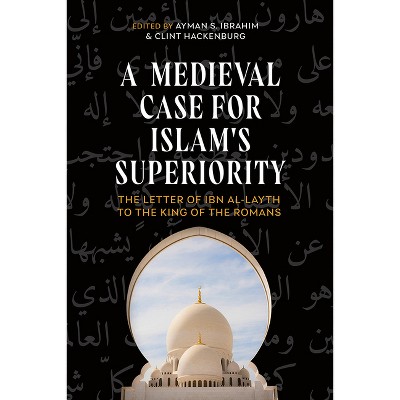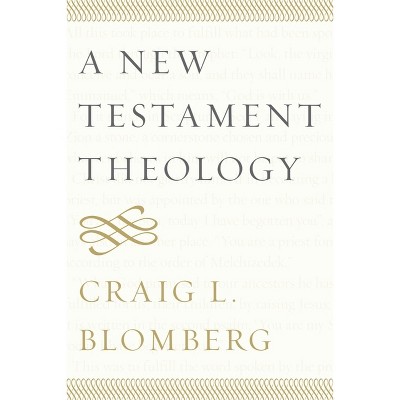Sponsored

God's Body - by Christoph Markschies (Hardcover)
In Stock
Sponsored
About this item
Highlights
- God is unbounded.
- About the Author: Christoph Markschies is Chair of Ancient Christianity in the Faculty of Theology at Humboldt University of Berlin.
- 632 Pages
- Religion + Beliefs, Ancient
Description
About the Book
Since the almighty God who made all creation has lived in that creation, the biblical idea of humankind as image of God should be taken seriously and not restricted to the conceptual world but rather applied to the whole person.Book Synopsis
God is unbounded. God became flesh.
While these two assertions are equally viable parts of Western Christian religious heritage, they stand in tension with one another. Fearful of reducing God's majesty with shallow anthropomorphisms, philosophy and religion affirm that God, as an eternal being, stands wholly apart from creation. Yet the legacy of the incarnation complicates this view of the incorporeal divine, affirming a very different image of God in physical embodiment.While for many today the idea of an embodied God seems simplistic--even pedestrian--Christoph Markschies reveals that in antiquity, the educated and uneducated alike subscribed to this very idea. More surprisingly, the idea that God had a body was held by both polytheists and monotheists. Platonic misgivings about divine corporeality entered the church early on, but it was only with the advent of medieval scholasticism that the idea that God has a body became scandalous, an idea still lingering today.
In God's Body Markschies traces the shape of the divine form in late antiquity. This exploration follows the development of ideas of God's corporeality in Jewish and Greco-Roman traditions. In antiquity, gods were often like humans, which proved to be important for philosophical reflection and for worship. Markschies considers how a cultic environment nurtured, and transformed, Jewish and Christian descriptions of the divine, as well as how philosophical debates over the connection of body and soul in humanity provided a conceptual framework for imagining God. Markschies probes the connections between this lively culture of religious practice and philosophical speculation and the christological formulations of the church to discover how the dichotomy of an incarnate God and a fleshless God came to be.
By studying the religious and cultural past, Markschies reveals a Jewish and Christian heritage alien to modern sensibilities, as well as a God who is less alien to the human experience than much of Western thought has imagined. Since the almighty God who made all creation has also lived in that creation, the biblical idea of humankind as image of God should be taken seriously and not restricted to the conceptual world but rather applied to the whole person.Review Quotes
God's Body is a successful effort to plug a gap in scholarship: the lack of systematic investigation of how ancient Christians conceived bodies...The volume, and especially its collation of information, will be useful to anyone trying to work through the complicated matter of late antique Christian ideas about materiality and God.
--Matthew James Chalmers "Reading Religion"God's Body: Jewish, Christian, and Pagan Images of God is not a simple work, but is surprisingly interesting and readable, and should appeal to scholars in Biblical, Jewish, and Christian Studies, and to scholars of Greek and Roman paganism and philosophy.
--Carole M. Cusack "Journal of Religious Studies"This remarkable book by Christoph Markschies goes to the heart of some of the most important and most difficult issues in the biblical tradition. In a time when much Christian reflection is pressed in the direction of 'spirituality, ' Markschies' study is an important reference point. I have no doubt that a translation of the work will be a welcome resource for a very long time to come.
--Walter Brueggemann, Professor Emeritus, Columbia Theological SeminaryA very demanding but valuable read.
-- "The Bible Today"About the Author
Christoph Markschies is Chair of Ancient Christianity in the Faculty of Theology at Humboldt University of Berlin.
Shipping details
Return details
Frequently bought together
Trending Non-Fiction










